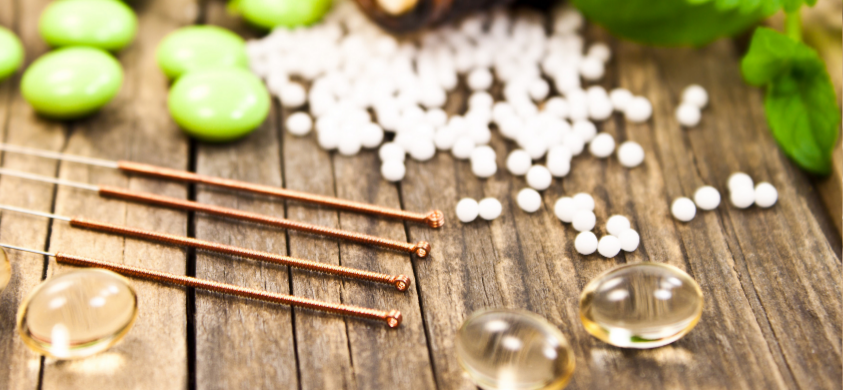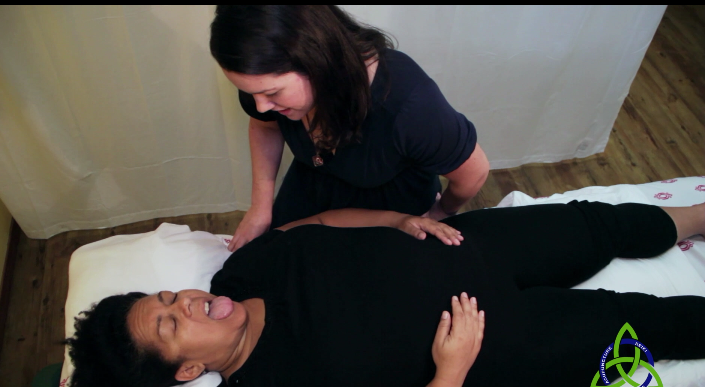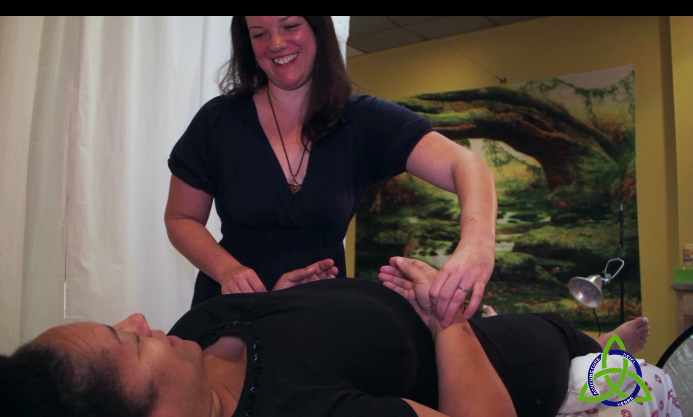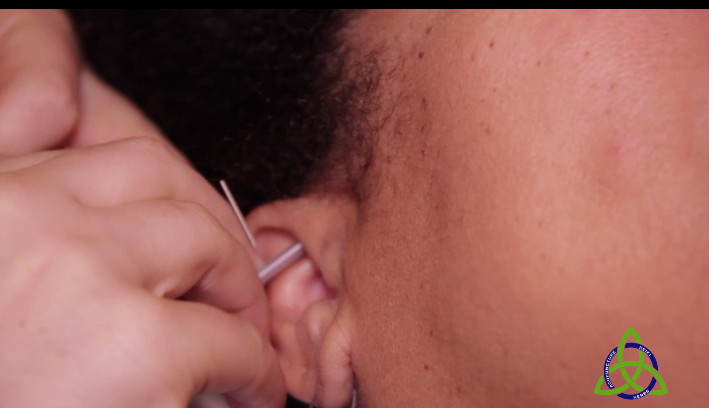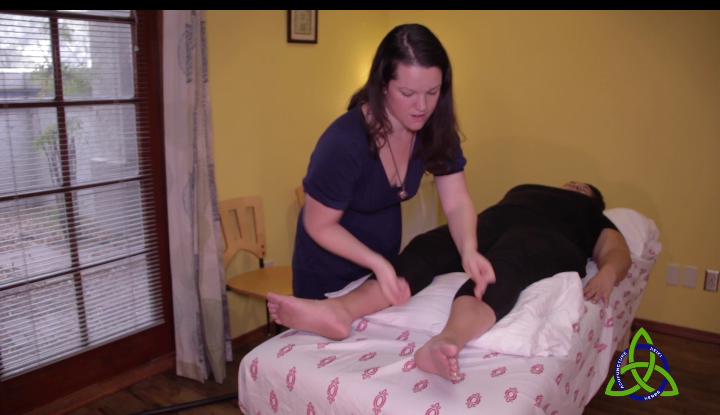Acupuncture
Acupuncture is a form of treatment in traditional Chinese Medicine using thin, sterile needles inserted into selected points on the body. Acupuncture is used to treat a vast range of conditions ranging from pain, hormonal imbalances, mental-emotional imbalances, to internal medicine.
Initial session includes:
complete medical history
tongue & pulse diagnosis
physical exam (if applicable)
recommended treatment plan
acupuncture session
take-home recommendations (nutrition, home exercises such as breath-work, and more)
How does Acupuncture Work?
Acupuncture helps regulate the nervous system by rebalancing the stress response. It helps by switching the fight-flight-freeze response of the sympathetic nervous system towards a more centered and adaptable approach. It allows one to adapt to life's needs by addressing stress as needed, while transitioning to the parasympathetic mode of rest, digestion, and sleep.
The meridians are highways on the body serving as a connection between the internal organs, the surface of the skin, and everything in between. These meeting points on the surface of the skin are known as Acupuncture points. When activated, these points set off a system of reaction:
Local immune reaction to activate the immune response
Communicates to the mid-brain through proprioceptors (within the skin) to wake the brain and body connection
Influences optimal levels of nitric oxide, hydrogen sulfide, and oxygen release within the cell level
Releases pain-relieving chemicals known as enkephalins and more.
This set of Acupuncture points is used in a specific order to achieve the desired treatment outcome.
Preparing Before a Session
Proper hydration
Wear loose, comfortable clothing allowing easy access to knees and elbows
Avoid caffeine and alcohol before a treatment as they interfere with the treatment effect
Eat a small snack within 1 hour before the treatment session
What to Expect After A Session?
Most feel relaxed after a session, allow yourself some downtime to rest
Give it 2 days to see the full effects after an Acupuncture session. The most subtle changes are big wins as Acupuncture works to create a new foundation for your nervous system to restore itself. The key is to having consistent progress is building upon each other as the body learns to create new habits of function.
Stay well hydrated after a session
Eat whole food nutrition to supply healthy ingredients your body can use to restore itself as the Acupuncture assist with its healing process
Expect it to take time: sessions will be recommended closer together at first; then, gradually spread out as results last longer
What Can Acupuncture Help With
Acupuncture can help with the following conditions, but not limited to:
Pelvic Pain
Lower back pain
PMS/PMDD
Nausea
Fatigue/Adrenal Fatigue
PTSD: Anxiety, Depression, Exhaustion, night terrors
Menopause discomforts: hot flashes, fatigue, irritability, weight gain
PCOS
Infertility
Post-partum support and transition
IBS, Crohn’s, Celiac disease, Colitis
Asthma
Migraines & Headaches
Insomnia
Endometriosis pain
and many more!

